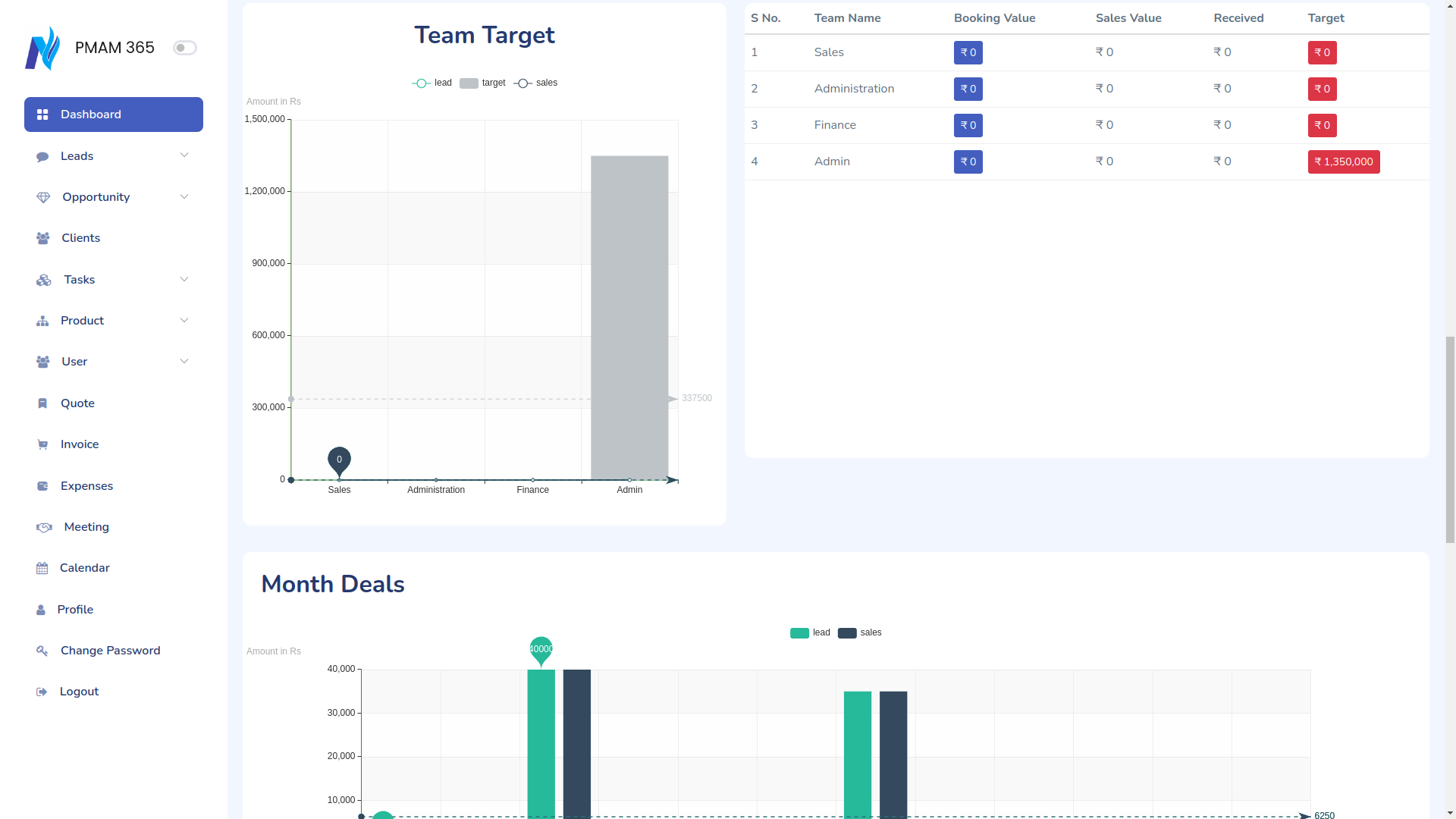CRM
(Customer Relationship Management) Details
Customer Relationship Management
(CRM) refers to practices, strategies,
and technologies that companies use to manage and analyze customer interactions
and data throughout the customer lifecycle. The goal is to improve customer
relationships, retention, and drive sales growth. CRM systems help businesses
streamline processes, build better relationships with customers, and enhance
the overall customer experience.
Key
Features of CRM:
- Contact Management:
Centralized storage for customer information, including contact details,
purchase history, and communication logs.
- Sales Automation:
Automates key sales processes such as lead management, opportunity
tracking, and forecasting to improve efficiency and productivity.
- Customer Segmentation:
Allows businesses to categorize customers based on various factors like
behavior, demographics, or purchasing habits for more personalized
interactions.
- Email Marketing Integration: CRM systems often integrate with email marketing
platforms to run campaigns, track engagement, and nurture customer
relationships.
- Task and Activity Management: Helps teams schedule and track customer-related
tasks, follow-ups, meetings, and deadlines.
- Reporting & Analytics: Provides businesses with detailed reports and
dashboards, allowing them to track performance metrics such as sales
performance, customer satisfaction, and ROI.
- Customer Service & Support: Includes ticketing systems, knowledge bases, and live
chat features to provide excellent customer service.
- Mobile Access:
Many CRM platforms offer mobile apps that allow sales and service teams to
access customer information and manage tasks on the go.
- Collaboration Tools:
Facilitates internal collaboration among teams by sharing customer
insights, tasks, and progress on deals.
- Integration with Other Tools: CRM systems can integrate with a variety of business
applications, such as ERP, marketing automation platforms, social media
tools, and accounting software.

